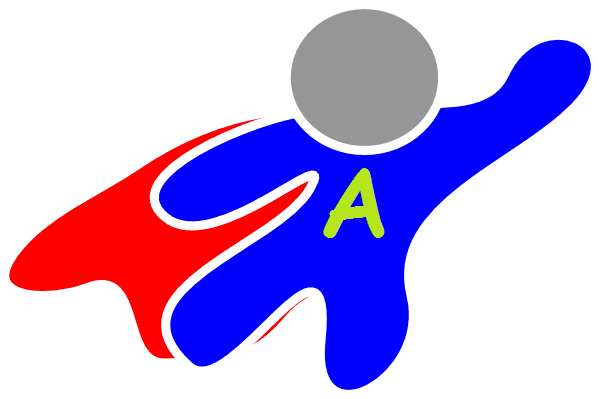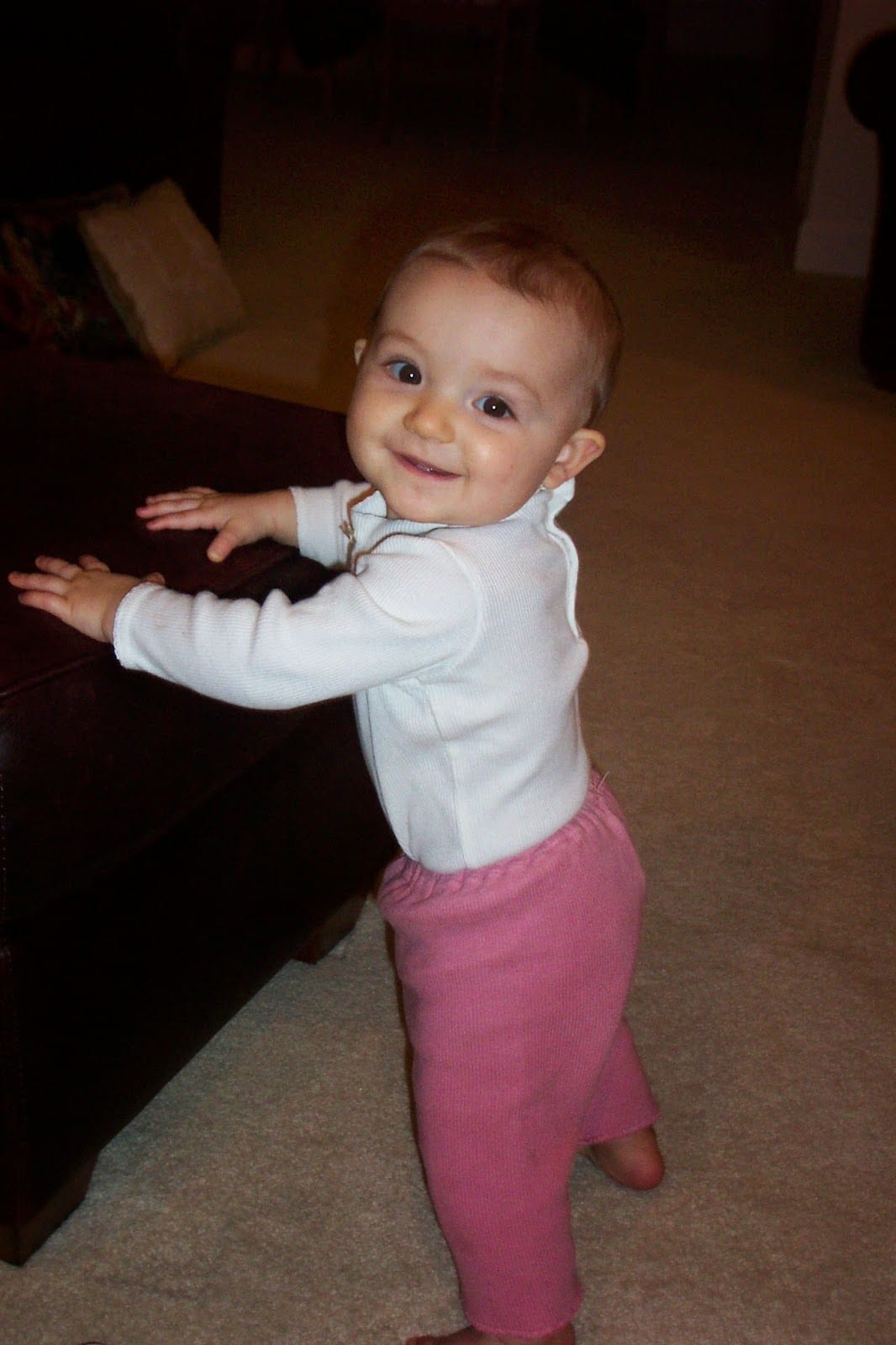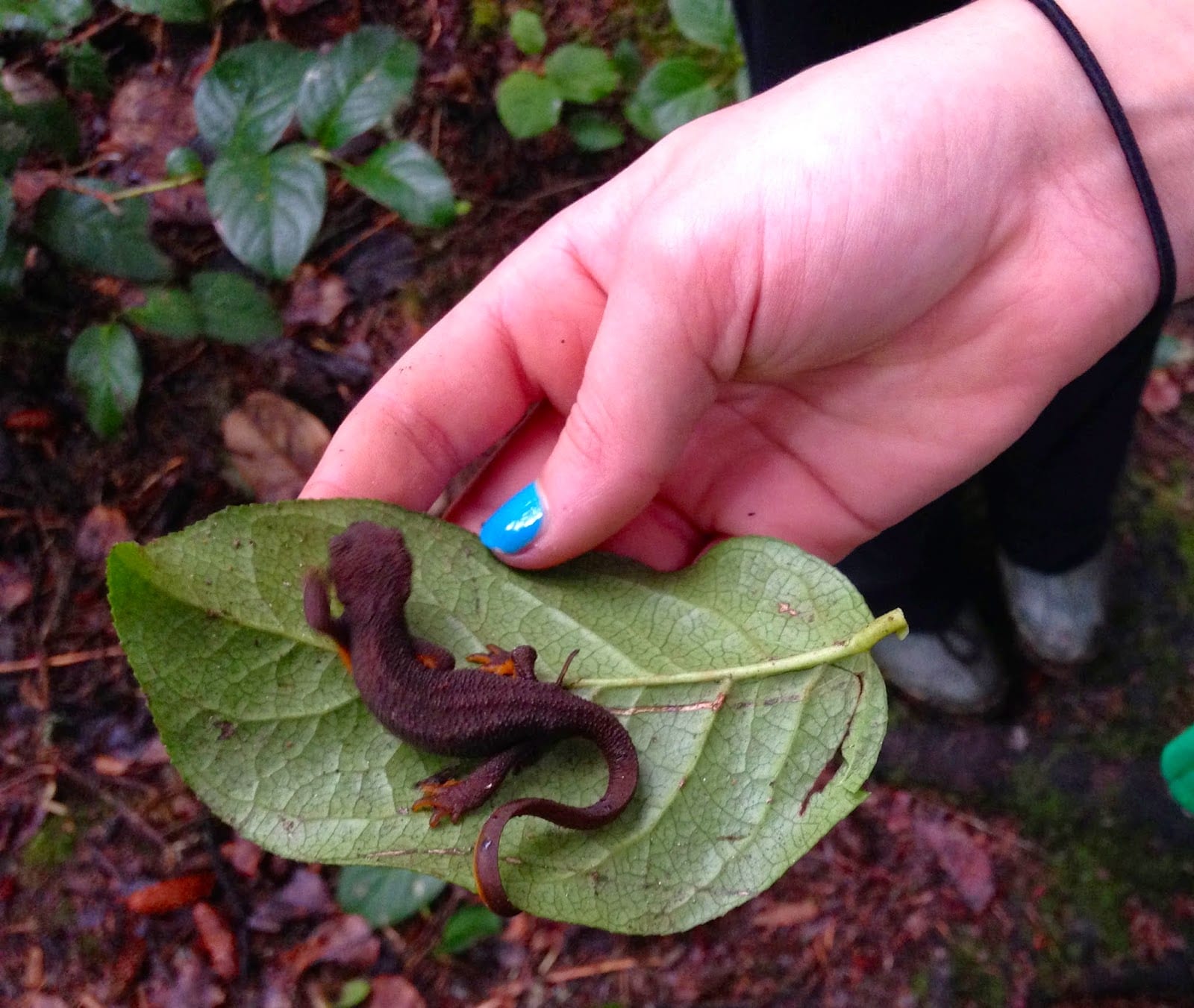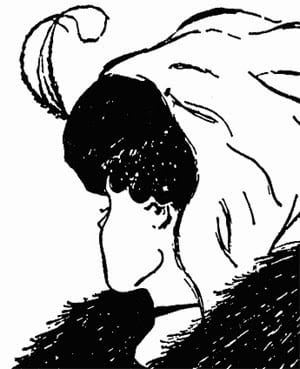For
the nine months that my daughter grew in my womb, I was under the illusion that
she was mine. I don’t mean mine in the sense that she shared my genetic
material. I mean I believed that she belonged to me.
be·long [bih-lawng,
–long]Verb phrase belong to,a. to be the property of: The book
child belongs to her.
My
husband and I had knowingly, purposefully created this child. She was
housed in my belly. I was constantly reminded that everything I did impacted
her tiny, developing self in a big way. Get enough sleep. No soft cheeses. No alcohol.
In the beginning, my fertilized egg was simply dividing, making copy
upon copy of the DNA my husband and I provided. By the time that miniscule
ball of cells lodged itself in the side of my uterus, it had morphed into a
core of embryonic cells with a protective shell. A blastocyst. My
daughter had formed her first layer of defense, a shield to insulate her from
the outside world before that little pink plus sign even showed up on the
plastic stick. I was blissfully rubbing my belly, reading parenting books
and feeling a sense of union with my child. I was picking through the
list of our traits like a bowl of cocktail nuts, gently pushing aside the
too-common peanuts and the over large Brazil nuts, concocting the perfect
little person in my mind. Please
let her teeth be naturally straight
like her father’s. Please let her
have eyesight like mine. Have his strategic mind and my compassionate heart,
little one. I wasn’t thinking
about the fact that her most important job from this moment forward would be to
separate, differentiate, become an individual.
My first inkling
that this child might have ideas of her own came in the middle of the second
trimester. She shimmied and shook, danced and cavorted inside me, pushing
against my flesh in a gymnastics routine of her own design. No matter that I
was trying to sleep; she was making herself known. Within a few weeks, she
began demanding fresh pineapple and German pancakes. The burning in
my gut was unlike anything I had ever known and I developed a pack-a-day Tums
habit just to cope with her cravings.
I went into labor
with my little girl sitting posterior in my womb, her head pressed firmly up
against my tailbone. While I writhed in back labor, two doctors worked in
tandem, kneading my belly like so much bread dough, pushing and pulling to turn
her into a position where she could be safely delivered. With each
subsequent contraction, she calmly somersaulted herself right back where she
had been before without regard for the work or pain she was creating. Tenacious
and precise, this little one was delivered after 40 hours of labor on her due
date in the posterior position.
be·long [bih-lawng,
–long]Verb phrase belong to,b. to be a part or adjunct of: That lid
child belongs to this jar her parents.
When that miracle of
flesh and blood and hair and breath and wonder slid out of my body and the cord
was cut, it was hard to determine where I left off and my daughter began.
She looked exactly like I had on the day I was born – skinny and long with
feathery black hair and olive skin. On the counter at home, our baby photos sat
side-by-side, astonishing in their similarities. It was easy to
believe that she was a miniature copy of me.
And yet, this
distinct, wholly formed creature had emerged from my skin firmly ensconced in
her own. She had driven the birth process just as much as my body had and
the abrupt deflation of my taut belly mirrored the slump in my spirits. In the
instant when she was free of the birth canal, I felt simultaneously exhilarated
and bleak. I had lost the miracle of us-ness, but was thrilled to meet my
child. The many months I had spent conjuring possibilities for this baby – boy
or girl, small or large, somber or goofy – were now moot. She rested on my
chest and our eyes met. Electricity resonated between us, the depths of which I
could not possibly fathom.
From the instant my
daughter was born she began to assert her independence in a multitude of ways. She went from needing me to breathe and
eat for her to — whoosh — breathing, sucking, pooping. She ate when
she was hungry, slept when she was tired, refused to conform to any schedule I
attempted to impose.
For weeks after she
was born, I felt phantom kicks in my belly. I recalled my impatient
anticipation of her birth in those last few weeks of pregnancy at the same time
that I mourned the loss of our basic, elemental union. I began to realize
that parenting is an exercise in opposites. The crashing together of the two most
profound human emotions: love and fear, produces an energy like no other. The
pure, golden light of mother-love was quickly tainted by the crushing
realization of responsibility. The sudden dawning that no class could
prepare me for the weight of each and every decision made on behalf of this
helpless human was accompanied by the solid weight of warmth wrapped in a
flannel blanket in my arms. I wanted to spend every second gazing down at
my daughter, consumed by the sight and smell and heft of her.
My
all-consuming adoration was tinged with pangs of absolute terror every single
time I held her, touched her, looked at her ruddy cheeks or her tiny toes. That
explosive burst of love existed side-by-side with the metallic ache of fear;
the joy of having this thing I loved so much and the possibility of one day not
having it.
be·long [bih-lawng,
–long]Etymology, word
originmid-14c., “to go along with, properly relate
to,” from be- intensive prefix, + longen “to go,”
from Old English langian “pertain to, to go along with,” of
unknown origin.
More and more, my
daughter began to assert herself as I simultaneously celebrated and lamented
her fierce independence. I struggled to put limits on her, as much out of
fear for her physical safety as well as some fuzzy notion of what a parent was
supposed to look like and yet, I proudly recognized myself in her. Her
sense of priorities, her stubborn determination to conquer any challenge she
deemed worthy of her attention, those hit a familiar chord. I identified
with her and again, blurring that line between the two of us as surely as if I
were reattaching the umbilical cord.
I watched her
methodical attempts to walk, pulling herself to her feet, shimmying along the
couch, practicing standing in the middle of the room to catch her balance. For
days she seemed on the verge of walking, but she wouldn’t take a step until she
was certain, standing and waving her arms one day, standing and clapping the
next. I do the same in yoga, starting eagle pose by entwining my arms and
fixing my gaze before ever lifting my leg to wrap it around because I don’t
want to fall. Two weeks after she had begun perfecting her standing
balance, Eve took off walking. She never fell. I took credit for whatever
part of her that had driven her to do it that way. That was me.
I had the solid
notion that this child was a part of me, like one of the rays of a sea star,
but she was never that. I was fooled by our similarities into believing that
who I am determines the person she will be, the person she ought to be.
When Eve works hard at something, shows true generosity, laughs in a
certain way, I see myself. When she is hateful or selfish or ignorant, I
take responsibility for that, too. I worry that I have done something to
create that, as if there is a dark spot on my DNA that wormed its way into
every cell of her body. I worry that I will be judged for her mistakes
with the same fervor that I am praised for her accomplishments. In those
moments, I believe that sharing my DNA means that she belongs to me in the most
elemental way.
————————————————————————————-
My father was a
fierce disciplinarian. My siblings and I paid dearly for our mistakes and I
often wondered why he treated us so harshly. I know now that my father’s rage came from a place inside
him where he confused my behavior with his own self-worth. A Marine whose
own childhood experiences taught him he could never be good enough, he was
desperate to mold his children into something he could be proud of, something
he could show off to others. He longed to line us up like shiny gold cups
embossed with his name, to somehow redeem himself for his own shortcomings. We
did feel as though we belonged to him, that our behavior reflected on him and
defined him to some extent. We
were his legacy. I spent too many years of my life trying not to disappoint Dad
instead of forging my own path. And during the times after he and my mother
divorced, when she would yell at me, “You’re just like your father!” I would
cower in shame. She hated him more
than anyone. That must mean she hated some part of me that I could never be rid
of.
But
I am not my father any more than my daughter is me. From the moment Eve
was created in a heady mix of genetic material twined together in a way that
could produce only her, our daughter embarked on a journey of actualization.
She is not simply a combination of flour and water and chocolate and eggs; some
cake that turns out the same way every time. She is something more. That
fact both frees me and frightens me. I am tasked with building and
minding the levees of her childhood, much like a womb in the world until she is
ready to break free, but how she swims in those waters is hers to
determine. The truth is, she never belonged to anyone but herself. I am
simply given the gift of watching her navigate her own journey.









